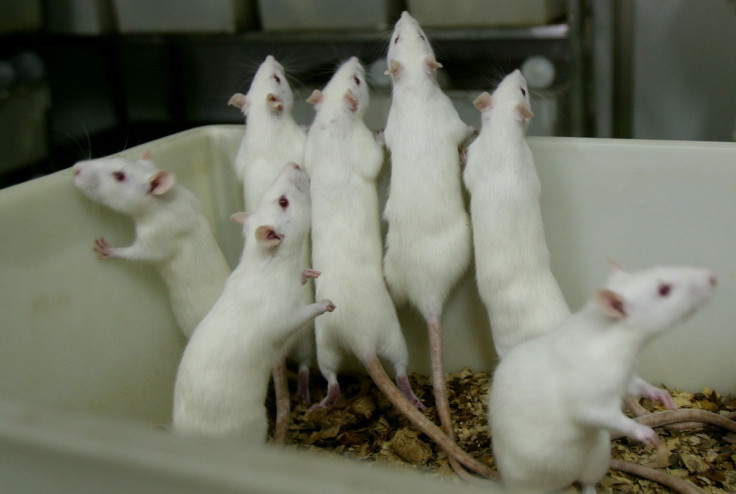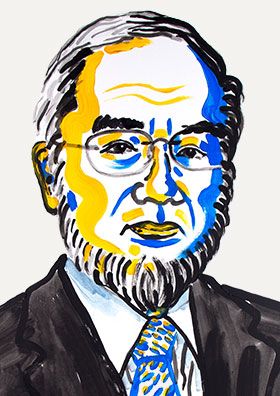Yoshinori Ohsumi awarded Nobel Prize in Physiology or Medicine for work on autophagy
Japanese scientist Yoshinori Ohsumi has increased our knowledge of how a crucial cellular process works.

The 2016 Physiology or Medicine Nobel Prize has been awarded to Yoshinori Ohsumi for his "discoveries of the mechanisms for autophagy". The Japanese researcher, an emeritus professor at Tokyo Institute of Technology, has worked for more than two decades to improve scientific knowledge about this important cellular process.
Autophagy is a natural physiological process in the body that deals with destruction of certain cells. It is a process by which cells can recycle part of their own content. The term comes from the Greek for "self-eating" and indeed, it mediates the digestion and recycling of non-essential parts of the cell.
Autophagy also has the capacity to clear invading microorganisms and toxic protein aggregates, and thus can play a crucial role during infection, in ageing and in the development of many human illnesses.
While the process was identified in the 1960s, little research was subsequently dedicated to it, meaning the way autophagy worked remained a mystery for years.
Many questions remained until the 1990s, when Ohsumi began pioneering work on the subject, for which he is now rewarded. Until then, it was not clear how the autophagy process was initiated, how important it was for cellular and organismal survival - and its role against diseases was not well understood.
Different autophagy processes
Working with yeast as a model, and then with mammalian animal models, Ohsumi and his team learnt more about the molecular machinery of autophagy in the body and identified genes driving the process. They showed for example that mice lacking a gene known as Atg5 gene were apparently normal at birth, but died during the first day of life.

Different forms of autophagy were also later identified. One of them is macroautophagy, which degrades large portions of the cytoplasm and cellular organelles in the cells. Another, selective autophagy, targets specific protein aggregates, cytoplasmic organelles or invading viruses and bacteria - and is therefore very interesting to study to better understand the body's fight against diseases.
Autophagy is induced in response to different types of stress on the body, and, based on Ohsumi's research, it has been shown to have a protective function and a capacity to counteract cell injury and many diseases associated with ageing.
The discovery of autophagy genes, and the molecular machinery behind this crucial cellular process have led to a new paradigm in the understanding of how the cell recycles its contents. Understanding autophagy's role in fighting off certain diseases and infections has contributed greatly to medical advances.
The statement from the Nobel Prize:
This year's Nobel Laureate discovered and elucidated mechanisms underlying autophagy, a fundamental process for degrading and recycling cellular components.
The word autophagy originates from the Greek words auto-, meaning "self", and phagein, meaning "to eat". Thus,autophagy denotes "self eating". This concept emerged during the 1960's, when researchers first observed that the cell could destroy its own contents by enclosing it in membranes, forming sack-like vesicles that were transported to a recycling compartment, called the lysosome, for degradation. Difficulties in studying the phenomenon meant that little was known until, in a series of brilliant experiments in the early 1990's, Yoshinori Ohsumi used baker's yeast to identify genes essential for autophagy. He then went on to elucidate the underlying mechanisms for autophagy in yeast and showed that similar sophisticated machinery is used in our cells.
Ohsumi's discoveries led to a new paradigm in our understanding of how the cell recycles its content. His discoveries opened the path to understanding the fundamental importance of autophagy in many physiological processes, such as in the adaptation to starvation or response to infection. Mutations in autophagy genes can cause disease, and the autophagic process is involved in several conditions including cancer and neurological disease.
© Copyright IBTimes 2025. All rights reserved.






















